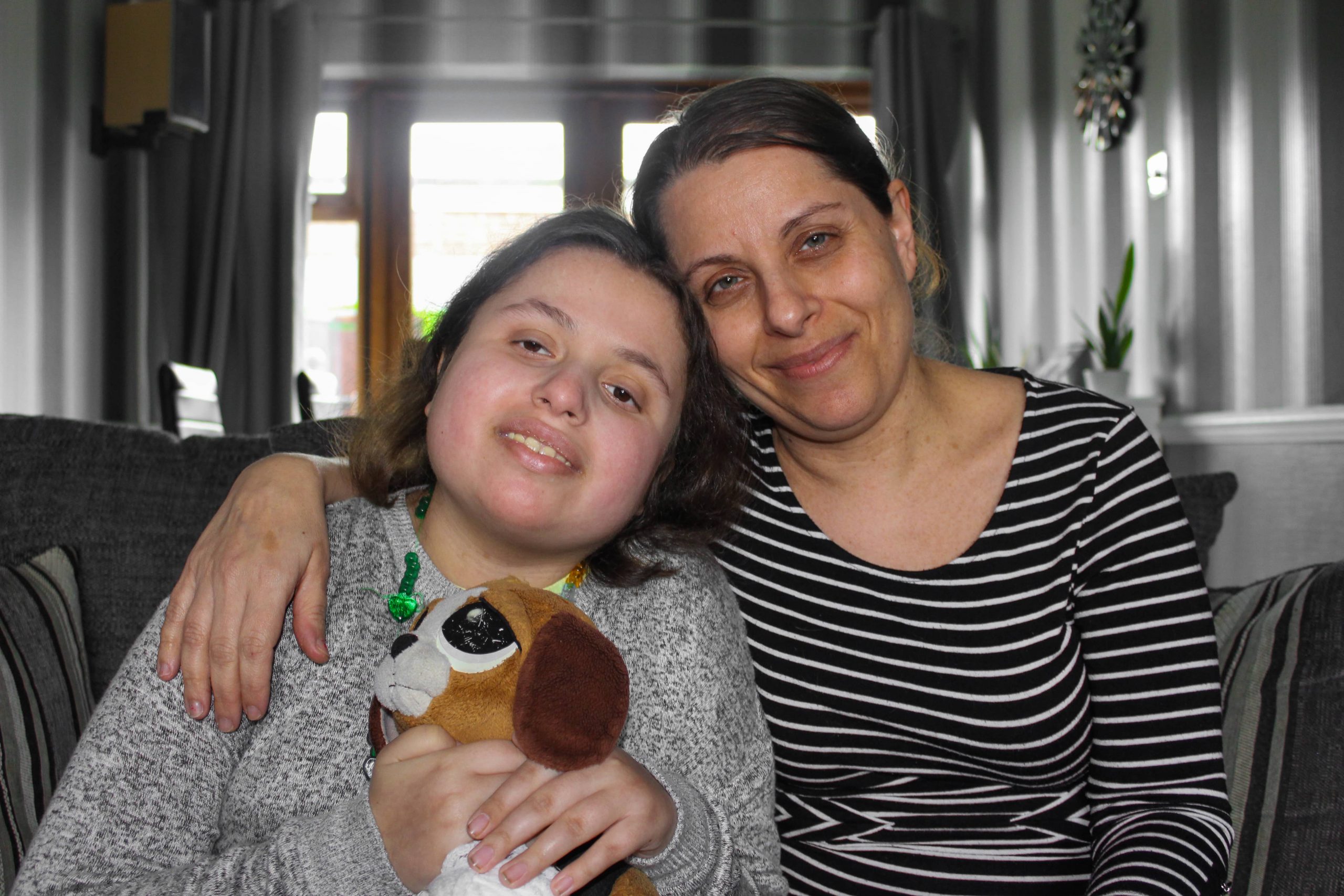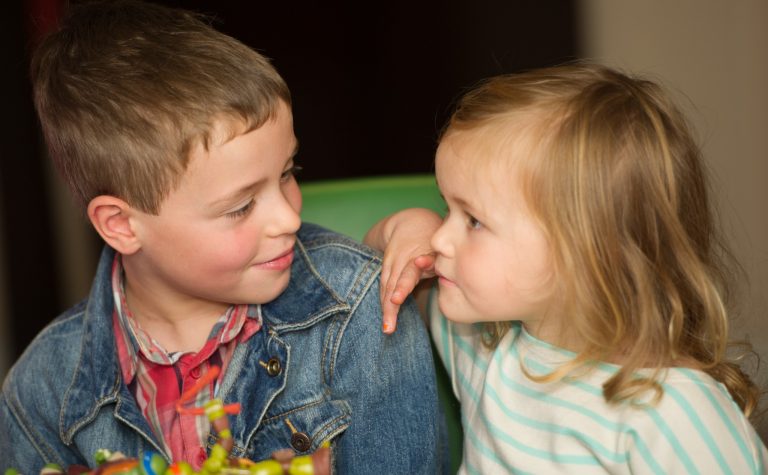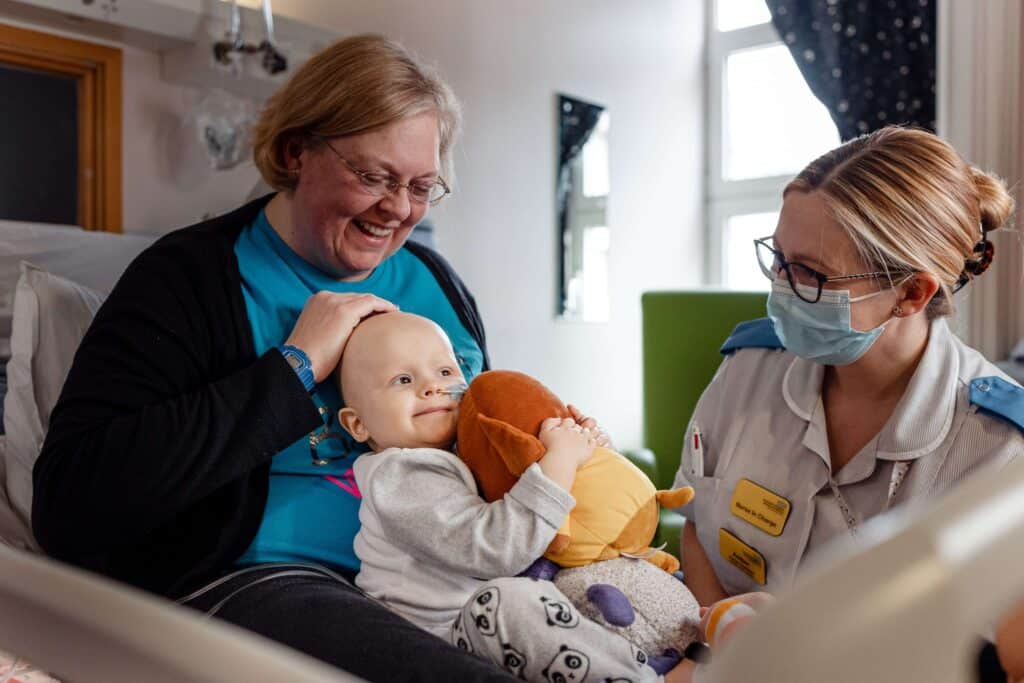Learn about
Palliative Care

Lorem ipsum
- What is palliative care?
- When to receive palliative care?
- Get palliative care for your child
- How can you get palliative care for your child?
- What is a palliative care team?
- Resources
Why do children get cancer?
Learn about the causes of childhood cancer and the research behind it.
What is palliative care?
Palliative care is a special medical care for children or adults with a life threatening condition. It can be supplied in combination with a curative treatment as an extra layer of support. The objective of palliative care is to improve the quality of life of the patient, taking into account their body, mind, spiritual needs and other important circumstances such as their family.
When to receive palliative care?
Children with cancer may receive palliative care at any time from the moment of diagnosis to the last stages of treatment. Contrary to popular belief, palliative care is not necessarily connected to the last days or hours of a patient’s life. Overall, palliative care for a child with cancer involves understanding their needs and wishes and creating a plan to elevate their quality of life:
Body – palliative care specialists will work with patients and their medical care team to provide the best possible care for their symptoms and side effects, taking into consideration the patient and family’s circumstance. This may involve informing and helping you equip your house as well as possible, getting you in touch with charities that can help you, or providing a space for safe socialisation.
Mind – quality of life for a child with cancer is far more than having the best possible treatment. Dealing with cancer can be something difficult for a child to understand and also for the family to talk about. Palliative care teams include psychologists and volunteers that can evaluate and help children and provide useful advice for parents. This could be related to talking about the condition, managing negative emotions, dealing with pain, etc.
Spirituality – Whether religious or not, spirituality is an integral part of life that can be difficult to tackle when your child is diagnosed with cancer. Whether you find the answer you are seeking or not, the palliative care team can point you in the right direction or offer support and understanding for questions about hope, searching for a meaning in the illness, coping with suffering, despair or guilt.
Family – Keeping a “normal” family atmosphere can be one of the most important elements for the quality of life of a child with cancer. Palliative care’s approach understands this and can find solutions and plans to ensure the disease interrupts as little as possible in everyday life. It will also consider the needs of other members of the family (whether parents or siblings).
Get palliative care for your child
This is one of the biggest concerns when thinking about asking for palliative care for your child. However, as they focus on the patient’s needs, there is a certain flexibility. Your child and you have the right to express your wishes about where you would like to receive care. Communicating in detail with the team will help you understand what’s the best place for your child (and family), whether staying at home, hospices or hospitals.
How can you get palliative care for your child?
When considering palliative care, the first thing to do is to talk to your child’s medical care team. They know their medical case and will be familiar with the palliative services around your area. Make sure you talk with them extensively and ask all the questions you need, it is normal to not know about this process.
What is a palliative care team?
The palliative team will work with patients, their family and their medical care team to offer an extra layer of support. This means a multidisciplinary group of professionals and volunteers will coordinate themselves to tend to your needs. This might include doctors and nurses to ensure symptoms are dealt with efficiently, psychologists to tend mental health, teachers to continue providing education, hospice representatives…
Resources
Please navigate the resources below if you’d like to learn more about palliative care and find help and support.


Cancer support and help for families
A list of organisations specialised in providing help to families with children and young adults with cancer.


Types of cancer treatments
Stay in touch
Stay up to date with all our research news, exclusive stories, fundraising events and opportunities to support us.
"*" indicates required fields